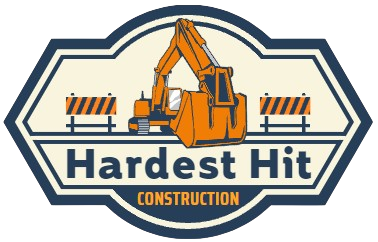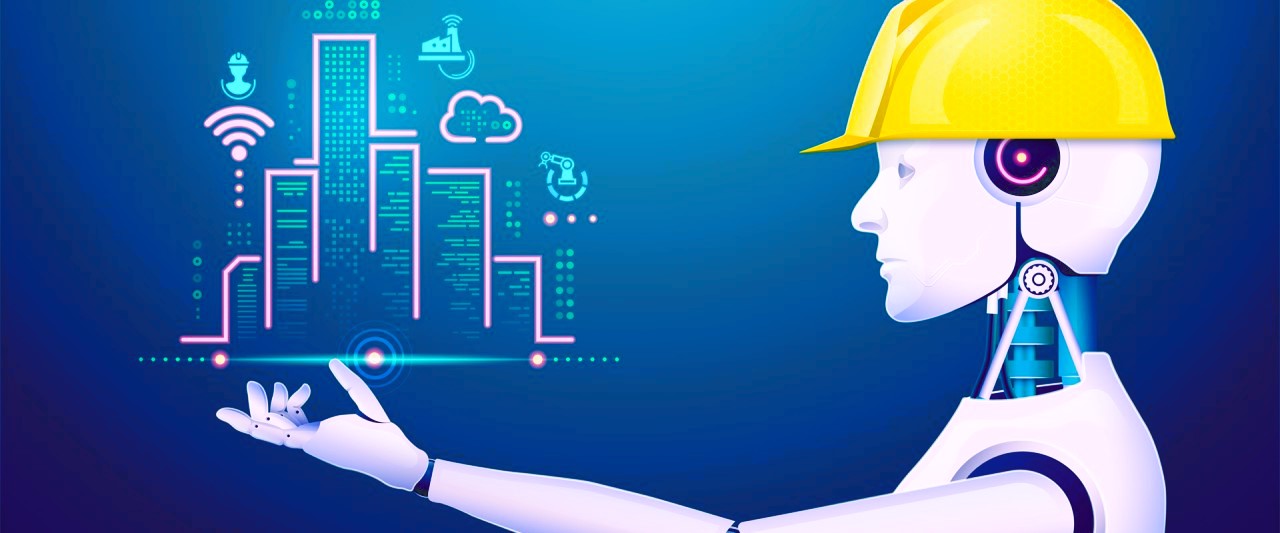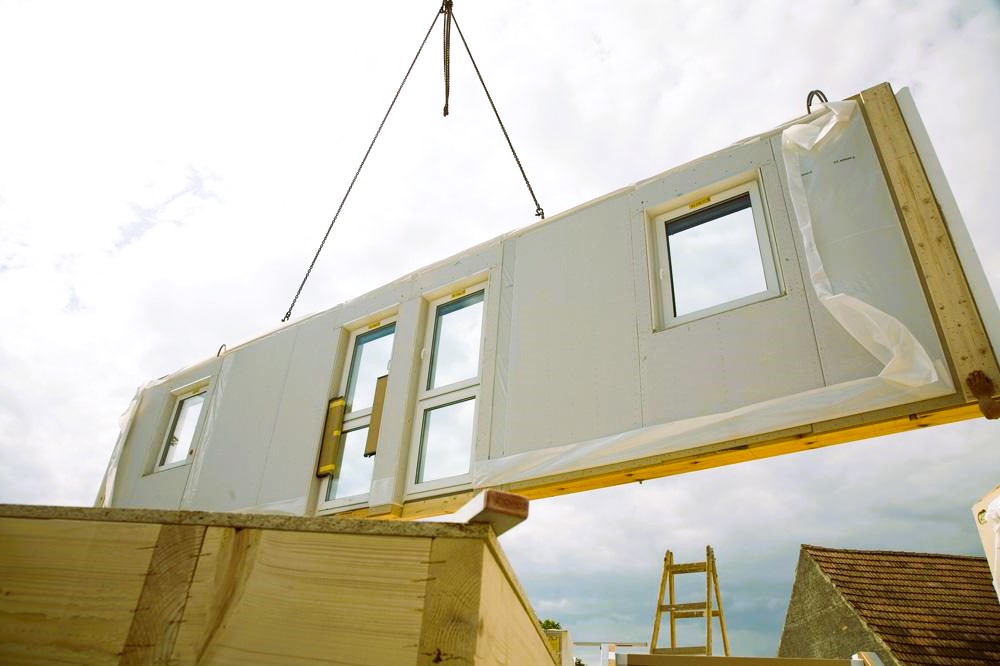In an era of rapid technological advancement, the construction industry is undergoing a transformative shift with the integration of Artificial Intelligence (AI) into various facets of project management. One of the key areas where AI demonstrates significant potential is in construction planning. This article explores the evolving role of AI in construction planning, examining its applications, benefits, and the implications for the future of the construction industry.
Understanding Artificial Intelligence in Construction:
Artificial Intelligence refers to the development of computer systems capable of performing tasks that typically require human intelligence. In the context of construction, AI involves the use of advanced algorithms, machine learning, and data analytics to enhance decision-making processes and optimize various aspects of project planning.
Applications of AI in Construction Planning:
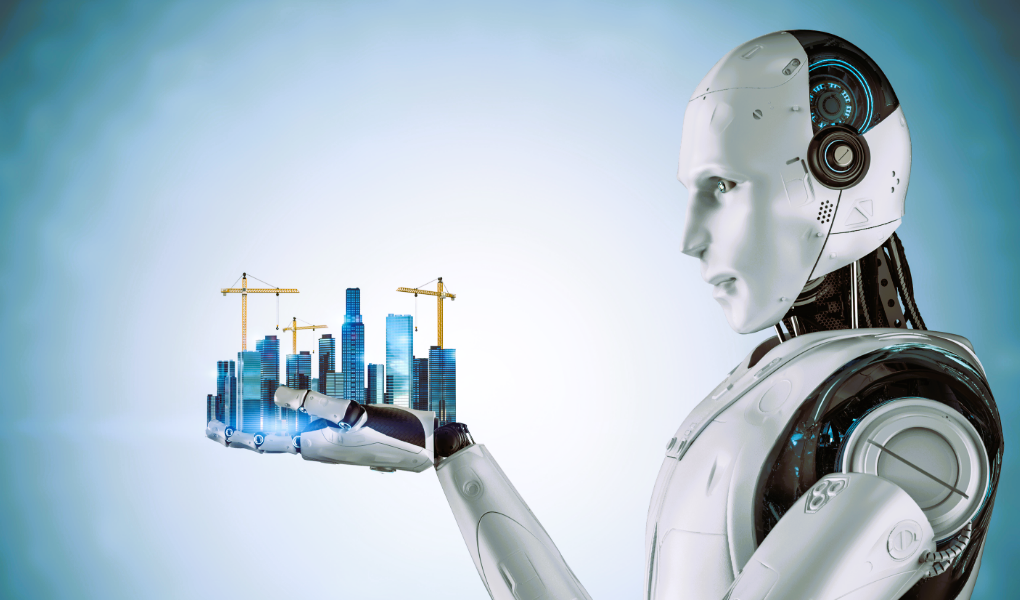
- Risk Assessment and Mitigation:AI can analyze historical project data, identify potential risks, and predict their likelihood of occurrence. This assists project managers in developing proactive risk mitigation strategies, ultimately reducing the impact of unforeseen events on project timelines.
- Project Scheduling and Optimization:AI algorithms can optimize project schedules by considering various constraints, resource availability, and task dependencies. This ensures that construction projects are not only completed on time but also with optimal resource utilization, minimizing costs.
- Predictive Analytics for Cost Estimation:AI’s ability to analyze vast datasets enables more accurate cost estimations. By considering historical cost data, market trends, and project-specific variables, AI can provide more reliable cost predictions, reducing the likelihood of budget overruns.
- Automated Design and Planning:AI can automate aspects of the design and planning process, generating optimized layouts and configurations based on project requirements. This streamlines the early stages of construction planning, allowing teams to focus on more complex decision-making.
- Supply Chain Optimization:AI helps optimize the construction supply chain by analyzing factors such as material costs, delivery times, and supplier performance. This ensures a steady flow of materials to the construction site, preventing delays and disruptions.
- Real-time Project Monitoring:AI-powered monitoring systems provide real-time insights into project progress. By analyzing data from sensors and construction equipment, AI can identify issues or deviations from the plan, enabling prompt intervention and adjustments. Find out more about how to choose the right building materials for your project here.
Benefits of AI in Construction Planning:
- Enhanced Decision Making:AI enables data-driven decision-making by providing insights derived from vast datasets. This empowers project managers to make informed choices that positively impact project outcomes.
- Improved Efficiency and Productivity:The automation of routine tasks and optimization of project schedules result in increased efficiency and productivity. AI’s ability to analyze and process data far exceeds human capacity, allowing for quicker and more accurate decision-making.
- Cost Savings:Accurate cost estimations, resource optimization, and proactive risk management contribute to overall cost savings. AI helps identify potential cost overruns early in the planning stages, allowing for adjustments before they escalate.
- Enhanced Safety:AI can contribute to improved safety on construction sites by monitoring and analyzing data related to potential safety hazards. Predictive analytics can help prevent accidents, ensuring a safer working environment for construction personnel.
- Adaptability to Changing Conditions:Construction projects often face unexpected challenges. AI’s ability to adapt to changing conditions and provide real-time insights allows project teams to respond swiftly to unforeseen circumstances, minimizing disruptions.
Future Implications and Considerations:
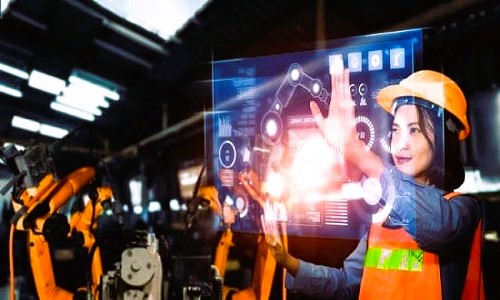
- Integration with Building Information Modeling (BIM):The integration of AI with Building Information Modeling enhances the overall efficiency of construction planning. This synergy allows for more accurate simulations, clash detection, and design optimizations during the planning phase.
- Ethical Considerations:As AI becomes more prevalent in construction planning, ethical considerations related to data privacy, transparency, and the responsible use of AI algorithms need to be addressed. Establishing ethical guidelines is crucial to ensuring the responsible deployment of AI in the industry.
- Continuous Learning and Adaptation:AI systems continuously learn from data, enabling them to adapt and improve over time. Construction teams need to invest in ongoing training and updates to ensure that AI systems remain effective and aligned with evolving project requirements.
Industry Standards and Resources:
For comprehensive information on the role of AI in construction planning, readers are encouraged to explore resources provided by Wikipedia. These platforms offer valuable insights into AI technologies, industry standards, and guidelines that govern the integration of AI in construction practices.
Conclusion:
The integration of Artificial Intelligence in construction planning represents a significant leap forward for the industry. From optimizing project schedules to improving risk management and cost estimation, AI offers a myriad of benefits that contribute to overall project success. As construction teams embrace the potential of AI, it is crucial to balance technological innovation with ethical considerations and a commitment to ongoing learning. The future of construction planning is undoubtedly intertwined with the capabilities of AI, shaping a more efficient, data-driven, and sustainable construction industry.
